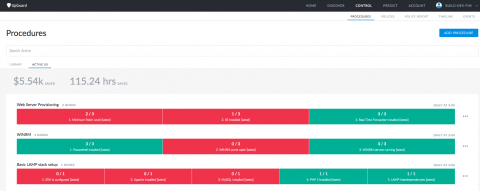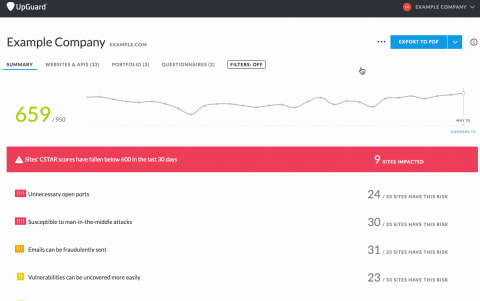Why Do Cloud Leaks Matter?
Previously we introduced the concept of cloud leaks, and then examined how they happen. Now we’ll take a look at why they matter. To understand the consequences of cloud leaks for the organizations involved, we should first take a close look at exactly what it is that’s being leaked. Then we can examine some of the traditional ways information has been exploited, as well as some new and future threats such data exposures pose.










